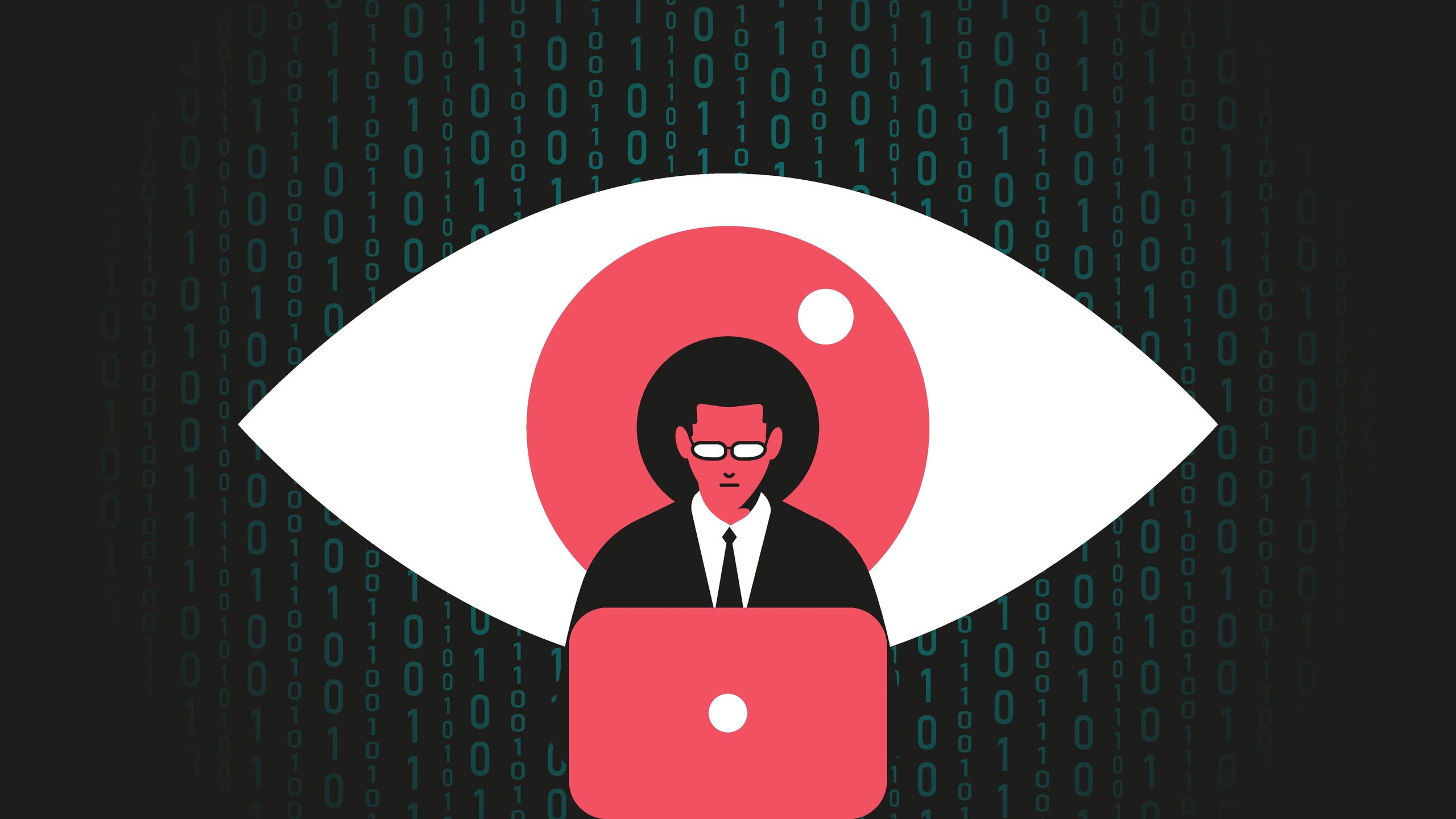Chat control is definitely going to pass eventually in my lifetime. Resiliency for secure and private communications will continue to develop. Anonymity will be needed too. Right now our governments instead of trying to inspire patriotism through improving living standards for the masses are focusing on information and communication control
It should be the other way round. The politicians are supposed to work for us! They are the ones that should get no privacy!
More evidence to support my distrust of governments in general.
Of course it is not about security. The moment that legislation becomes active, anybody doing anything they are screening for will move on to some other communications platform. There will never be a way to control/screen all communication, and there will always be a new, covert communication channel be found for anybody who does not want to be listened to - even if that is PGP-encrypted carrier pidgeons or something. The only people that will be listened to, that will be watched are the “normal” ones, the ones that “don’t have anything to hide”. And they will have to painfully learn that actually, they do have something to hide. Otherwise, humanity would not have invented toilet doors.
It’s not only about control but also a big threat for democracy and a stable society as a whole. Last year, for example, Chinese state-backed hacking group Salt Typhoon breached the U.S. telecom networks’ wiretap system (a backdoor legally required for law enforcement to access people’s private communication), forcing the authorities to urge U.S. citizens using encrypted messaging. So there is no such thing as a backdoor only for the good guys.
Breaking encryption opens the door not just for control but also for malign actors within the borders and from abroad. Where such democratic decline ends can be seen in China, for example, where total control and surveillance is suppressing any form of dissent.
(There is a very good documentary about the devastating consequences of surveillance for those interested: https://total-trust.org/.)
[Edit typo.]
This article would have been perfect if not for the end. What was missing here was the hard numbers, that we have known for years, which show that the vast majority of child abuse happens inside families and not at all on or through the internet. There are no digital traces for most CSA so you will never be able to effectively fight this if you focus mainly on digital traces.
The challenge now is finding a way to bridge this discrepancy between the privacy and security we deserve with the data usability that law enforcement requires.
When the author is like “hmm but what could we possibly do instead of spying on everyone” they fail in their mission to give readers a realistic view of the situation. The only real solution to this problem is not of technical or digital nature, but of the social and personal kind. Teachers, doctors, caretakers need to be trained to notice patterns that emerge from sexual abuse, not just in children but adults as well, so they can give people the help they need or alert authorities if necessary.
I am a Dane, and they do not represent me.
Sorry, that’s not how representative democracy works. You should tell them that, not us, and why.
You probably mean well, but I am little offended you assume I don’t know how representative democracy works. I have signed a petition that has reached the needed signatures to be debated on a national level. The thing is they probably don’t care.
Again, you probably mean well.
You literally wrote that they don’t represent you, so what else could I reasonably infer (not assume) from that? I bet you’d be more offended if I assumed you were lying in everything you wrote… but great thanks to you for petitioning them. It’s up to us all to make our representatives care.


